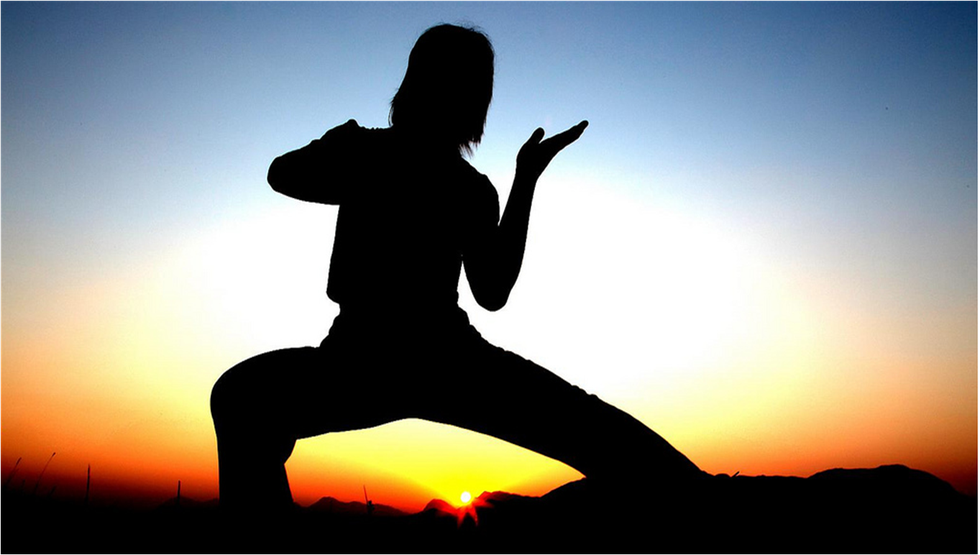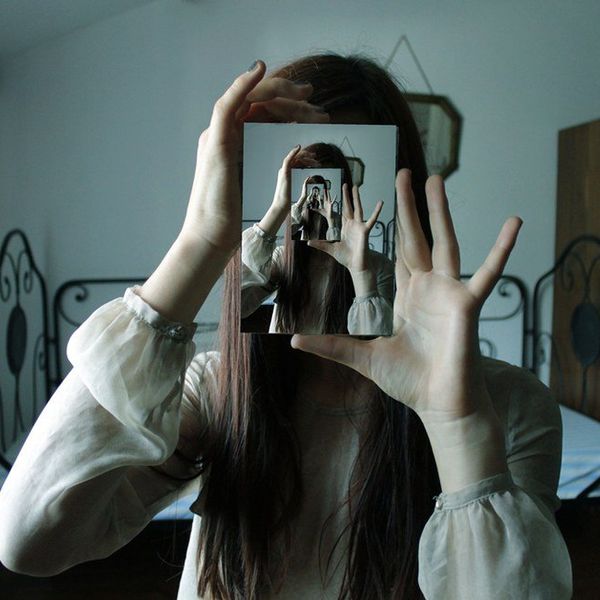Tai Chi is an internal Chinese art that is practiced for its defensive capabilities and its health benefits. It is typically practiced for a variety of different uses in the world today such as competitive wrestling involving pushing, demonstration competitions, and especially achieving greater longevity. Its meaning literally translates to Supreme Ultimate Boxing. The concept of Tai Chi comes from both Taoist and Confucian Chinese philosophy that represents the fusion of yin and yang into a single ultimate represented by its Tai Chi symbol. Training in Tai Chi involves five elements to it.
Taolu, which means solo hands and weapons forms.
Neigong and Qigong, which both mean breathing, movement and awareness exercises and meditation.
Tuishou, which means response drills.
And finally Sanshou, which means self defense techniques.
While Tai Chi is known for its slow movements, many Tai Chi styles have a secondary form with a faster pace. Three of the most popular styles of the faster form of Tai Chi are also the three most popular, Yang, Wu and Chen. Because of the healthy benefits involved with Tai Chi since the early 20th century, it has developed a massive worldwide following among the people who either have little or no interests in the world of martial arts. It has been proven by modern medical studies that Tai Chi is a highly effective alternative for exercise and a form of martial arts therapy.
Oddly enough, Tai Chi's origin in its development is shrouded in only legends and tales. Even tracing back to its formative influence to Taoist and Buddhist monasteries, it is still uncertain where Tai Chi really originated from. There are theories from various places stating as to where the style came from. Such as the Song dynasty Neo-Confucianism theory stating that Tai Chi is a conscious of synthesis of Taoist, Buddhist and Confucian traditions, especially the teaching of Mencius. Traditional schools believe that the theory and practice of Tai Chi was made by a Taoist monk named Zhang Sanfeng in the 12th century. Around the same time that the principles of the Neo-Confucian school were making themselves felt in Chinese intellectual life. This theory however was tested when modern research pointed out that a 17th century piece called Epitaph for Wang Zhenghan is the earliest reference to Zhang Sanfeng and martial arts. Other claims state that the connection of Tai Chi and Zhang Sanfeng appeared no earlier than the 19th century. It is still a mystery to this day just where the style of Tai Chi truly comes from.





















